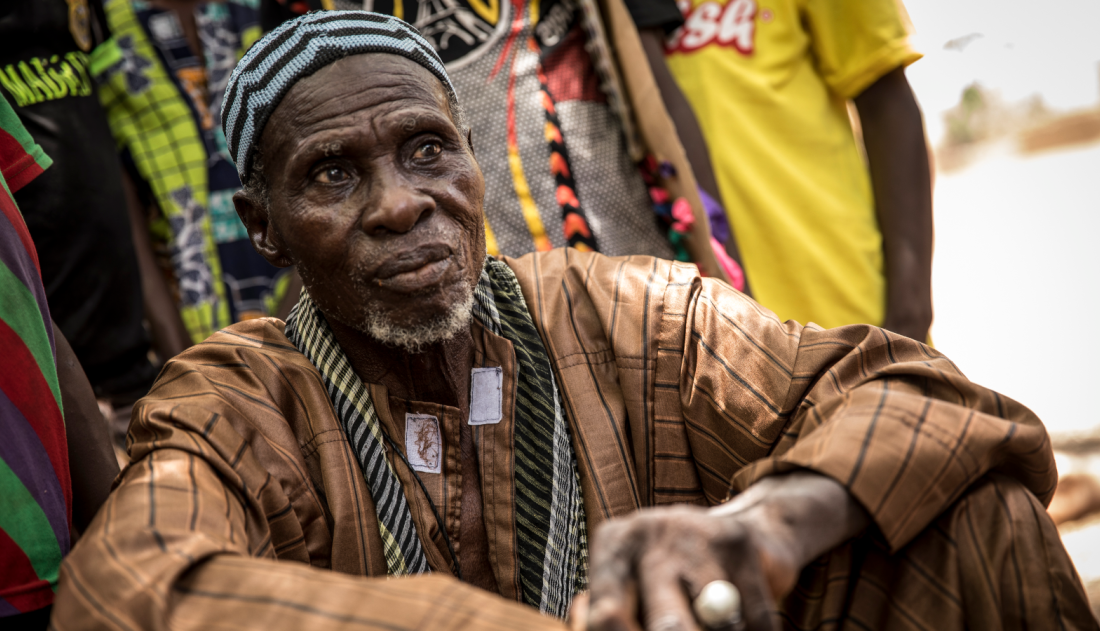
The 2030 Agenda and the Sustainable Development Goals (SDGs) recognize that development will only be achievable if it is inclusive of all ages. Empowering older persons in all dimensions of development, including promoting their active participation in the social, economic and political lives is one way to ensure their inclusiveness and reduce inequalities.
The 2019 theme is aligned with Sustainable Development Goal (SDG) 10 and will focus on pathways of coping with existing and preventing future old age inequality. SDG 10 sets to reduce inequality within and among countries and aims to “ensure equal opportunity and reduce inequalities of outcome,” including through measures to eliminate discrimination, and to “empower and promote the social, economic and political inclusion of all, irrespective of age, sex, disability, race, ethnicity, origin, religion or economic or other status.”
Often, disparities in old age reflect an accumulated disadvantage characterized by factors such as: location, gender, socio‐economic status, health, income etc. Between 2015 and 2030, the number of people aged 60 and over is expected to increase from 901 million to 1.4 billion- In this regard, trends of ageing and economic inequality interact across generations and rapid population ageing, demographic and societal or structural changes alone can exacerbate older age inequalities, thereby limiting economic growth and social cohesion.
The sub themes will focus on (i) the care sector- as a contributor of decent work(ii) lifelong learning and proactive and adaptive labour policies (iii) universal health coverage and (iv)social protective measures.
Learn more about the 2019 International Day of Older Persons.
 Welcome to the United Nations
Welcome to the United Nations


